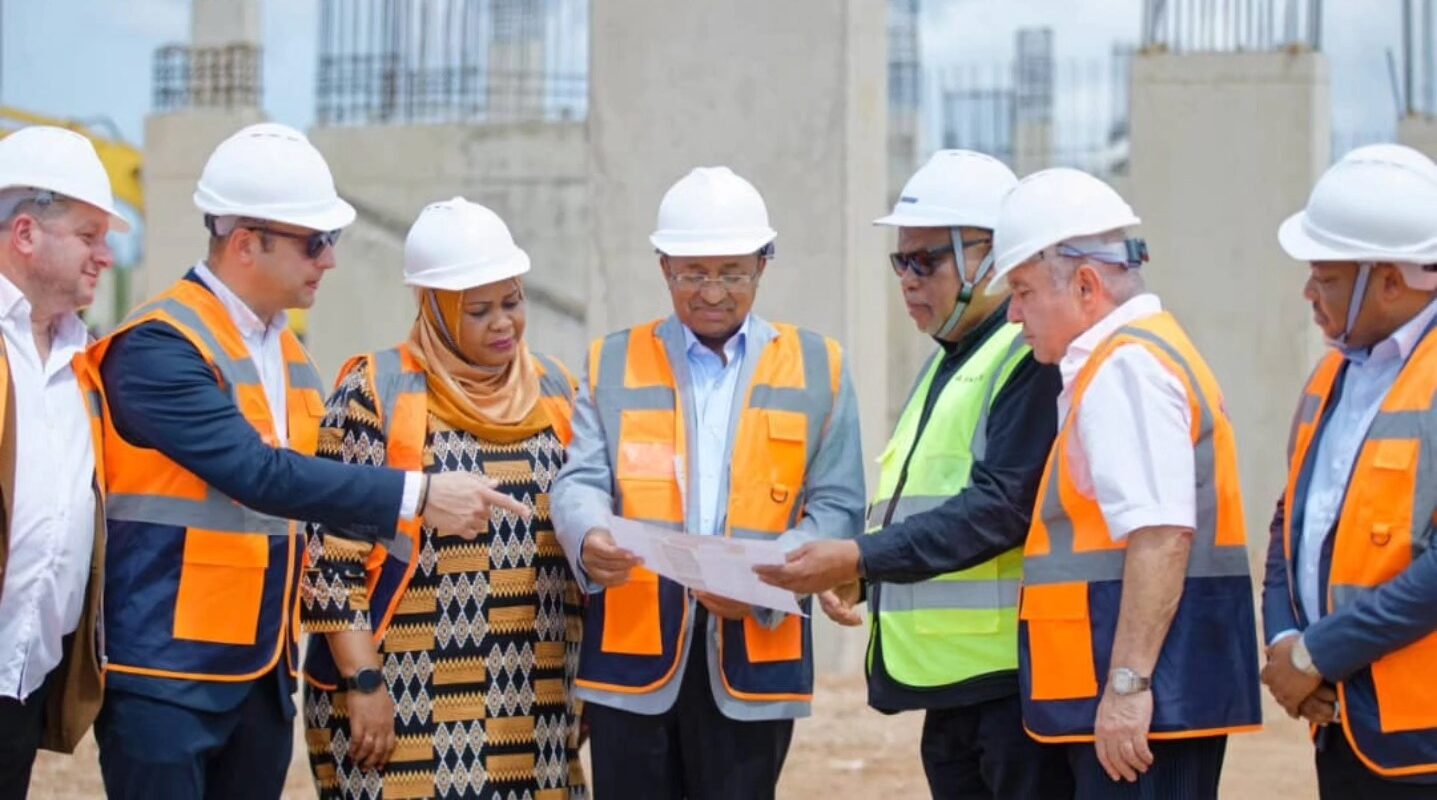Dar es Salaam. The Tanzania Football Federation (TFF) has officially announced Miguel Ángel Gamondi as the interim head coach of the national football team, Taifa Stars, following the mutual termination of Hemed Suleiman “Morocco’s” contract.
The decision marks yet another managerial shift in Tanzanian football, coming at a crucial juncture as the nation prepares for the Africa Cup of Nations (AFCON) finals set to take place in Morocco this December.
This appointment signals both ambition and urgency. Gamondi, currently the head coach of Singida Black Stars, is a well-travelled tactician with vast experience across African football.
His understanding of Tanzanian players, coupled with his familiarity with the local league, gives TFF a sense of continuity in the midst of change.
The federation’s statement confirmed that consultations were held with Singida Black Stars management before Gamondi was cleared to take up his new temporary role, an approach that demonstrates professionalism and mutual respect between the two parties.
A pattern of managerial instability
The latest transition adds to a growing trend of managerial instability within the Taifa Stars setup. Since the departure of Algerian coach Adel Amrouche earlier this year, TFF has been forced to make quick adjustments in the technical bench.
Morocco’s tenure, though brief, was marked by tactical inconsistency and mixed results in the AFCON qualifiers.
The decision to part ways “by mutual consent” reflects the federation’s acknowledgement that the team’s direction needed a reset before the continental showpiece.
However, constant changes in leadership often hinder long-term progress.
Players are compelled to adapt to new systems, coaching philosophies, and expectations within short periods factors that can undermine cohesion.
The challenge for Gamondi will therefore be to stabilise the dressing room, instil belief, and maximise the limited time available to prepare for the AFCON campaign.
Why Gamondi could be the right choice
Despite the uncertainty surrounding his interim status, there are several reasons why Gamondi’s appointment could be a turning point for Tanzanian football.
First, he is tactically flexible his work with Singida Black Stars has showcased an ability to build compact, disciplined teams that transition quickly from defence to attack.
His emphasis on structured pressing and positional awareness could help Taifa Stars compete against technically superior opponents.
Secondly, Gamondi has a proven record of player development. At Singida, he nurtured young Tanzanian talents and successfully integrated them into a competitive system alongside experienced foreigners.
That experience aligns well with TFF’s long-term vision of strengthening the domestic base and producing a balanced national team that blends youth and maturity.
Moreover, Gamondi’s exposure to North African football having previously coached clubs in Algeria, Egypt, and Morocco gives him an analytical edge heading into AFCON.
He understands the mentality, pace, and tactical nuances of North African teams, which could be a crucial advantage for Taifa Stars in Morocco.
AFCON awaits
With the AFCON finals less than two months away, the timing of Gamondi’s appointment places him under immense pressure.
He must quickly assess the team’s current form, identify tactical weaknesses, and decide whether to maintain or overhaul the existing squad setup.
The upcoming friendly fixtures and training camps will be critical in shaping the team’s chemistry and confidence.
For Tanzania, the AFCON stage represents not just competition but validation a chance to showcase the progress made in recent years under the stewardship of TFF and local football stakeholders.
Fans will expect a spirited, organised performance, even if the team does not go deep into the tournament.
Gamondi’s leadership, therefore, will be judged less by the results and more by the identity and character the team displays on the pitch.







